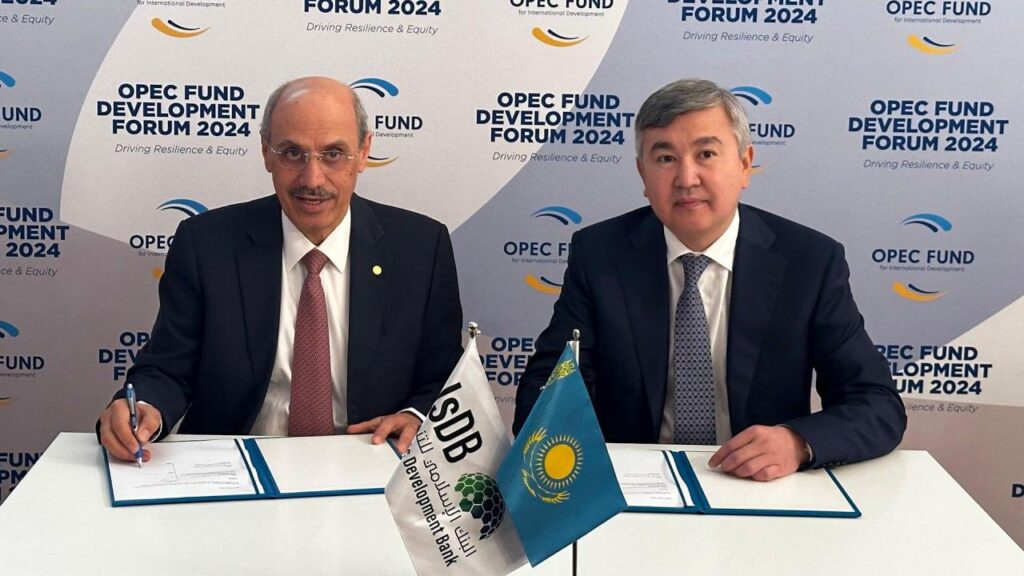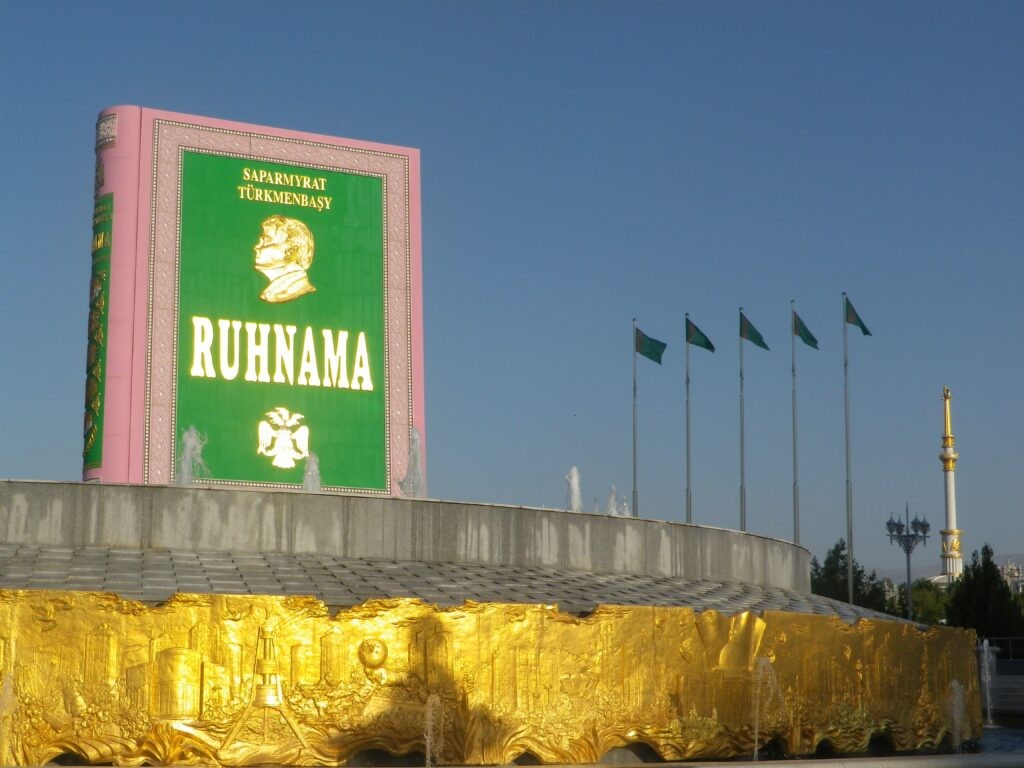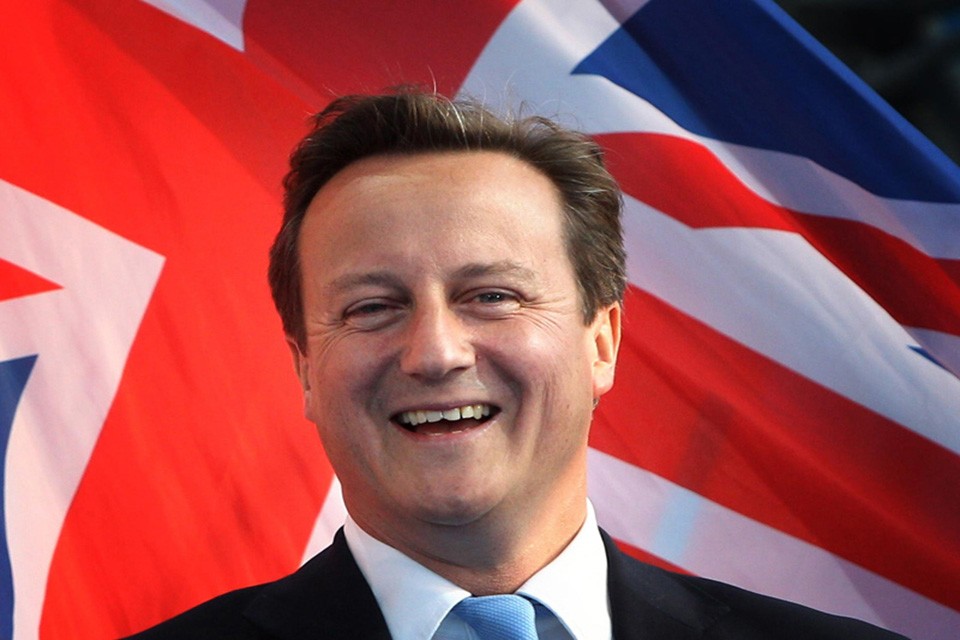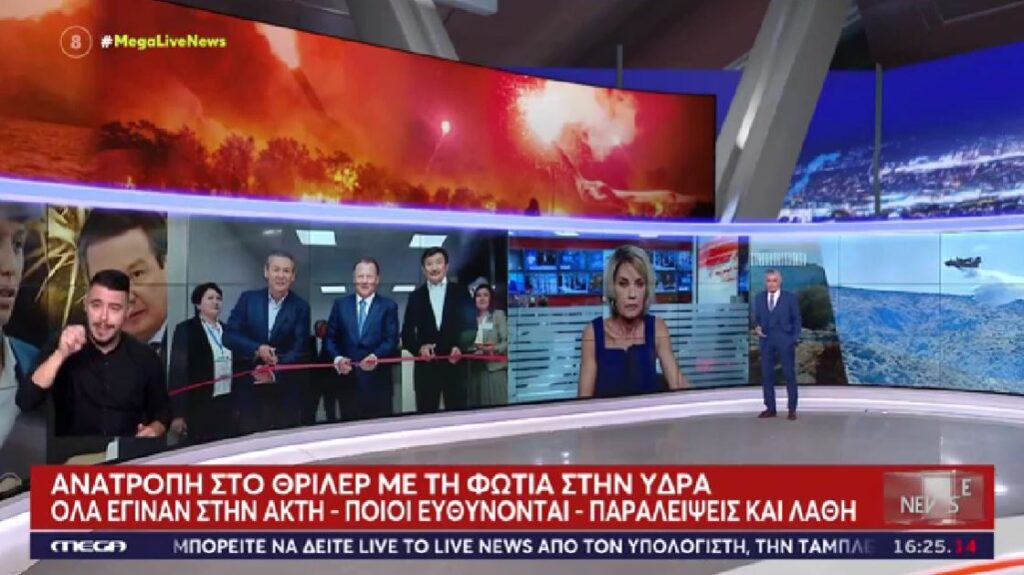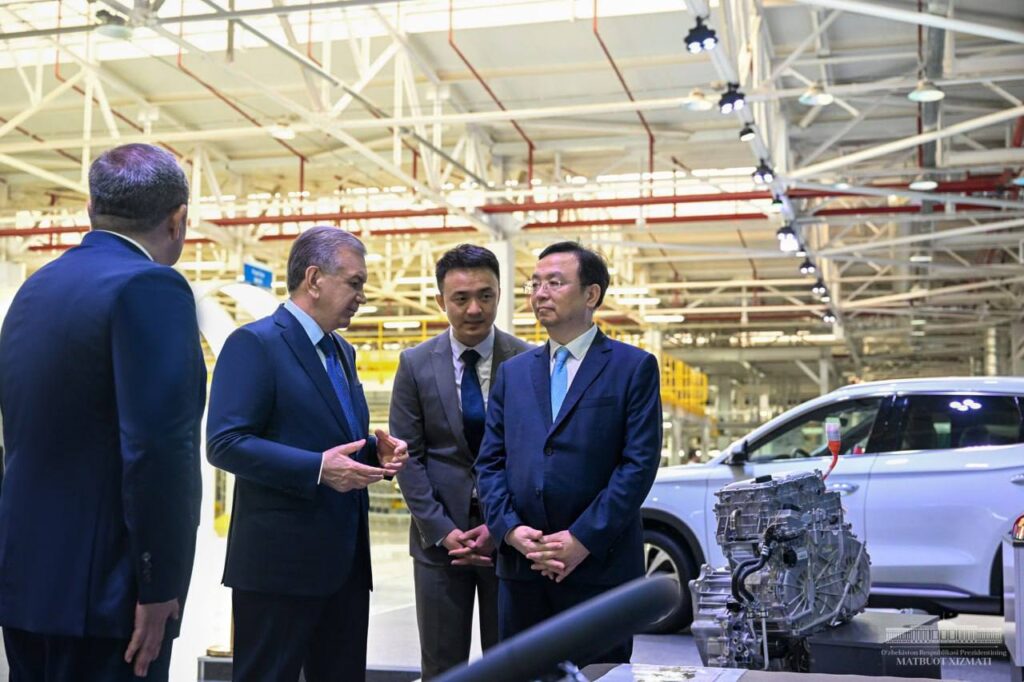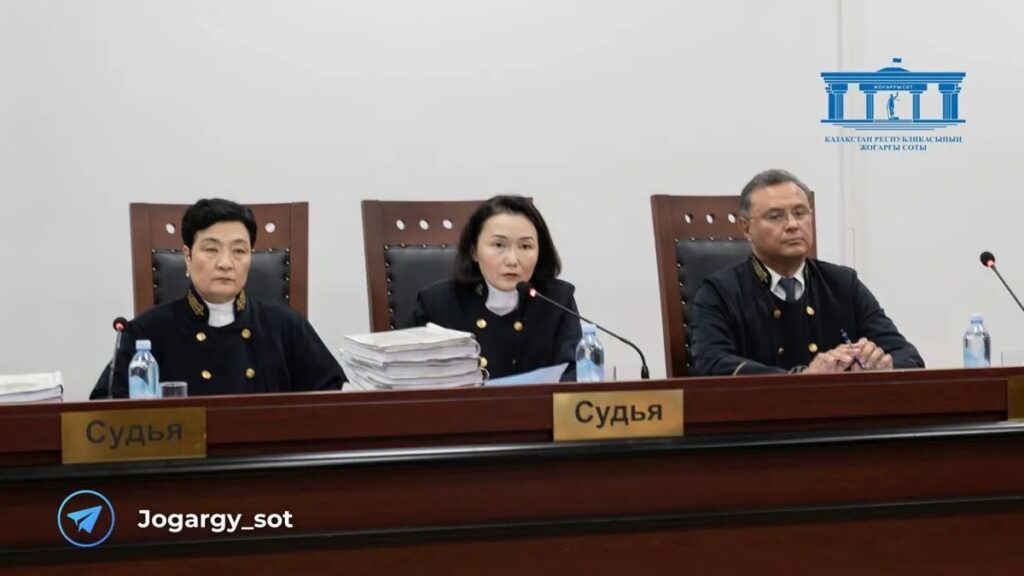Getting into Turkmenistan has always been a complex undertaking. For most foreigners, the only option available is to apply through an accredited Turkmen travel firm, meaning a ‘guide’ will trail ones every move. Alternately, there is a five day transit visa, though these are denied more often than they are issued. Arguably the second most insular state in the world after North Korea, it is fair to say that Turkmenistan really isn’t in the market for tourists.
Frozen in time
The first leader of independent Turkmenistan was Saparmurat Niyazov, who climbed up the ladder in the Soviet nomenklatura (administration) and held such positions as First Secretary of the Ashgabat City Committee of the Communist Party of the Turkmen SSR; Chairman of the Council of Ministers of the Turkmen SSR (i.e., Prime Minister); and First Secretary of the Central Committee of the Communist Party of the Turkmen SSR before the collapse of the Soviet Union. From First Secretary, he became President of Turkmenistan for life, as formalized legislatively in 1999.
In the second half of 1993, the Democratic Party of Turkmenistan (formerly the Communist Party of the Turkmen SSR) proposed the extension of Niyazov’s powers until 2002 – a second term without re-election – and in January 1994, 99.9% of voters purportedly supported this in a nationwide referendum.
From 1994 to 1995, Turkmenistan considered renaming the president’s office “Shah” and declaring the republic a Shahdom. However, the idea did not find favor with the elders. Niyazov’s strained relationship with his son was also taken into account, and the idea was buried.
Declaring himself “Turkmenbashi” (father of the Turkmen people,” Niyazov began to rain down a cavalcade of decrees including bans on lip-syncing, car radios, cinema, clowns and the playing of recorded music at weddings. Long hair on men and beards were outlawed, citizens with gold teeth ordered to have them extracted.
“I watched young dogs when I was young,” Niyazov stated. “They were given bones to gnaw to strengthen their teeth. Those of you whose teeth have fallen out did not chew on bones. This is my advice.”
All hospitals outside of Ashgabat were shut and the funds were instead spent on a $20 million new leisure center for horses. Compulsory education was cut by a year so students could no longer qualify to study abroad. The opera house and ballet boarded up, in place of culture came such fanciful projects as the $50 million dollar Turkmenbashi’s World of Fairytales theme park and the world’s largest shoe. Six meters long and one and a half meters tall, it was manufactured to symbolize the “great strides” Turkmenistan had made under Niyazov’s leadership.
Numerous editions of Niyazov’s, Ruhnama, (book of the soul) – his version of Mao’s Little Red Book – were released.
A heady cocktail of pseudo-spiritual cogitations and revisionist history, the book claimed the Turkmen people to be the inventors of the wheel and heirs to Earth’s oldest civilisation. Within a year, most bookstores carried nothing but the Ruhnama, and novelists were arrested and previous greats from the Turkmen literary cannon removed from libraries and ceremonially burnt. By 2005, all libraries outside of the National in Ashgabat were ordered closed, as people should already own all the reading material they would ever need. Officially declared the “Thirteenth Prophet” by parliament, Niyazov pronounced himself the “direct descendant of Mohammed and Jenghiz Khan… All who read the Ruhnama three times, Turkmenistan’s literary masterpiece,” he promised, “are assured of going to Paradise.”
Following Niyazov, his successor and former dentist, Gurbanguly Berdimuhamedov, dismantled almost all “developments” of the first president, except strict political censorship. The unspoken ban on the internet was even abolished. So would Turkmenistan cease to be frozen in time as some preserve of the previous era of punch cards and office-sized electronic-computing machines?
Arkadag and change
The first two internet cafes opened in Ashgabat in February 2007, apparently a symbol of the changes that Gurbanguly Berdymukhamedov would bring. Berdymukhamedov began rewriting the laws almost immediately, dismantling the cult of personality Niyazov had sought to build.
On February 22, 2007, reference to the “Great Turkmenbashi” was taken out of the “oath of allegiance” to the Motherland – a poetic supplement to the national anthem invented during Niyazov’s reign – and in March, the oath of allegiance was abolished altogether. On February 28, 2007, local newspapers replaced the portrait of Saparmurat Niyazov on the front pages with a picture of Gurbanguly Berdimuhamedov. On March 15, Berdymukhamedov signed a decree removing the name of the first president and “father of all Turkmens” from the presidential standard. Two days later, Berdymukhamedov announced the revival of the Academy of Sciences in Turkmenistan, rural health clinics, and university military departments.
On January 1, 2008, Turkmenistan reopened currency exchange offices closed by Niyazov in 1998, and the Interbank Currency Exchange began operating. In 2007-2008, Turkmenistan returned to the names of months according to the Gregorian calendar and the days of the week according to the solar Hijra. Niyazov had renamed the month of January after himself, whilst September was rebranded Ruhnama, and the words for April and bread had been replaced with the name of his late mother. The avenues were also renamed, and a twelve-meter-tall golden statue of Turkmenbashi, a rocket-shaped monument called the Arch of Neutrality, was removed to the suburbs. Previously, Niyazov’s golden likeness had rotated to face the sun, or as a Turkmen saying had it, the sun revolved to face him.
In January 2009, Niyazov’s and his relatives’ names disappeared from the titles of Turkmen newspapers and magazines.
In 2021, the president, who had received the title Arkadag (patron), carried out parliamentary reforms, creating a bicameral legislature to replace the unicameral one. Berdymukhamedov chaired the upper house himself, briefly uniting the two branches of power – executive and legislative – in his hands.
In March 2022, Turkmenistan held an extraordinary presidential election, which Arkadag’s son, Serdar Berdymukhamedov, won. It is a sad irony of fate that Berdymukhamedov’s son most likely received his name most likely in honor of Niyazov, who was known not only by the title Turmkenbashi, but also Serdar, i.e., leader.
Turkmenistan and the outside world
Perhaps Niyazov’s only achievement to remain intact is Turkmenistan’s neutrality, which the republic proclaimed on December 12, 1995. At the same time, UN General Assembly Resolution No. 50/80 was adopted, which expressed the hope that “Turkmenistan’s permanent neutral status will contribute to the strengthening of peace and security in the region.” In this resolution, the UN “recognizes and supports Turkmenistan’s proclaimed status of permanent neutrality.”
However, it is believed that Turkmenistan’s neutrality was due to a more mundane reason rather than ethics. By 1995, Niyazov had spoiled Turkmenistan’s relations with almost all regional neighbors and colleagues from the Commonwealth of Independent States. Presidents Nursultan Nazarbayev of Kazakhstan and Islam Karimov of Uzbekistan particularly irked him when they criticized Turkmenistan.
Nevertheless, Gurbanguly Berdimuhamedov and his son did not give up this neutrality, whilst at the same time Turkmenistan’s representatives have been willing to accept Kazakhstan’s integration initiatives within Central Asia, primarily in the C5+1 format.
Experts have been particularly wary about the recent visit of Russian President Vladimir Putin to Tashkent, where members of his delegation discussed with their Uzbek counterparts routes of cargo supplies to bypass Kazakhstan. In particular, Astrakhan Oblast Governor Igor Babushkin talked about this with the Prime Minister of Uzbekistan Abdulla Aripov, discussing the possibility of delivering Uzbek cargo by sea through the international port of Turkmenbashi to ports in the Astrakhan region.
Kazakh analyst, Akhas Tazhutov has written that the idea of creating such a transportation link between Russia and Uzbekistan, as well as Kyrgyzstan, Tajikistan, and Turkmenistan, which would allow them all to bypass Kazakhstan, “has been hovering in the air for quite some time. Various reasons are cited. However, the key reason seems to be Astana’s tightened rules for cargo transit, introduced by the end of 2022, and agreed with Washington and Brussels. In any case, it seems that Russia is promoting a type of logistics that can be recognized as reasonable only in case of a real conflict with Kazakhstan,” the analyst stated.
If the new route works, these negotiations and the route can be considered the beginning of Turkmenistan’s exit from voluntary self-isolation, which, if assessed objectively, will only serve to hinder the country’s development.


